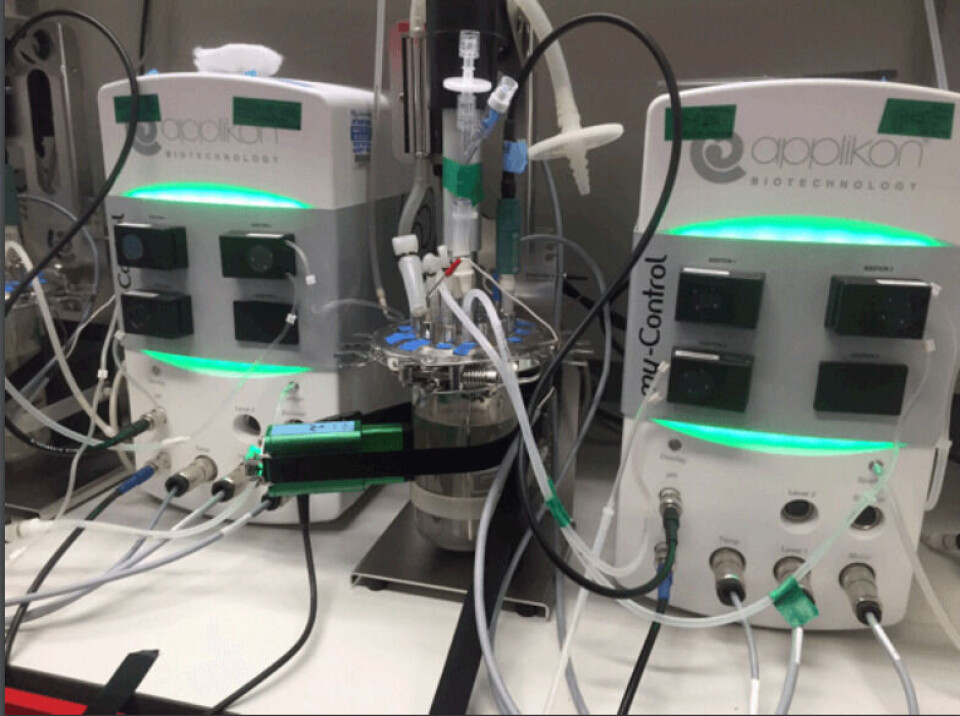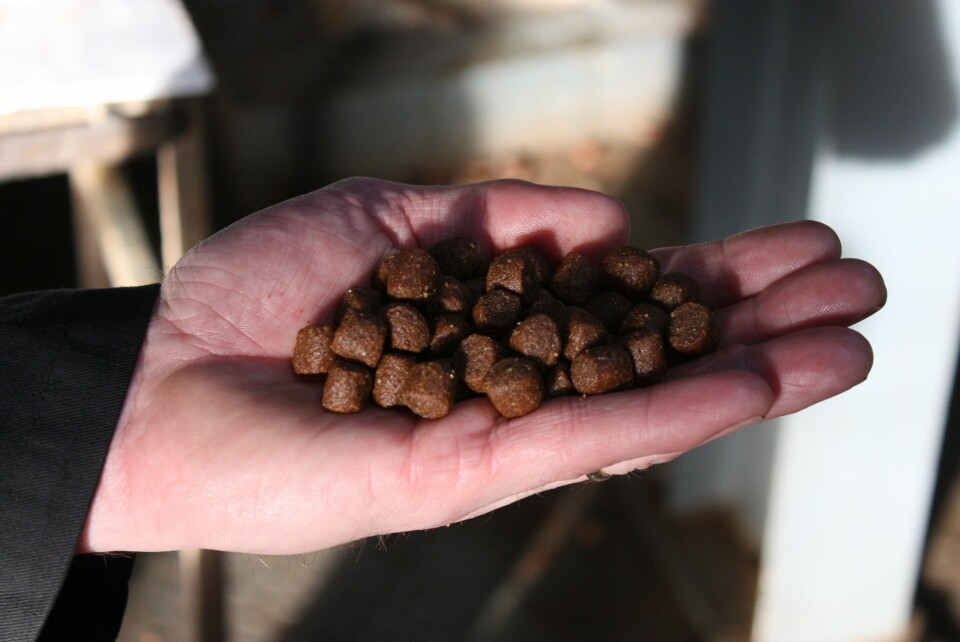
A gut above
The details of a pioneering project to build an artificial salmon gut, in order to improve the digestion of novel feed ingredients, have just been released.
Led by scientists at the University of Glasgow, the three-year SalmoSim project will work in collaboration with The Marine Institute and University College Cork (Ireland), Nofima (Norway), Alltech and Marine Harvest.
SalmoSim’s aim is to better understand the link between gut microbiota and the development and digestion of salmon. Gut microbiota, the bacteria that colonise the intestine, are known to play a vital role in digestion and nutrient absorption across a wide variety of different organisms. Understanding how these microbes can facilitate the efficient absorption of novel feeds in salmon is of vital importance.

One of the salmon sector’s major challenges over the next decade will be a reduction in wild feedstock availability. Less wild fish as feedstock will cause a drop in the levels of omega-3 fatty acids found in salmon, thereby causing a drop in the marketable quality of the fish.
Project leader Dr Martin Llewellyn, from the University of Glasgow’s School of Life Sciences, said: “The experimental gut system, once established, will represent a powerful tool for carry out basic and applied research into fish digestion. We’re really excited that it will be based here at Glasgow.”
The initial project will run for just over three years but it should become a valuable test-bed for novel feeds and feed formulations for many years to come.
Academic opportunity
The project will involve a PhD placement and Dr Llewellyn tells Fish Farming Expert that they are “ideally looking to recruit a candidate with an engineering or bioengineering background” for the role.
An interdisciplinary project, it will explore the contribution of the salmon gut microbiome to observed variation in host energetics (absorption, metabolism, growth), by creating an artificial ‘fish gut’ which will act as a test-bed for salmon microbial fermentation of novel feeds as well as the effectiveness of pro-, pre- and syn-biotics.
Using Glasgow’s environmental microbiology laboratory, a replicated series of linked bioreactors can be established simulating salmon gut compartments (stomach, pyloric caecum, mid-intestine, posterior intestinal segment) representing generalized marine and freshwater lifecycle stages. These bioreactors will be seeded with salmon microbiota collected from the laboratory and their ability to maintain natural community species compositions and mirror natural energetic profiles will be monitored. All microbial diversity profiling will be achieved with cutting edge metagenomic sequencing approached and bionformatic pipelines.
The role comes with a 4-year stipend and the scholar will have access to experienced supervision to help them develop skills in fish husbandry; respirometry and calorimetry; molecular biology; bioinformatics of metagenomics datasets; microbiology (including bioreactor design and management) and more.
Prospective applicants should first contact martin.llewellyn@glasgow.ac.uk to discuss their interest in the position. Applications must be made by January 1st.























































